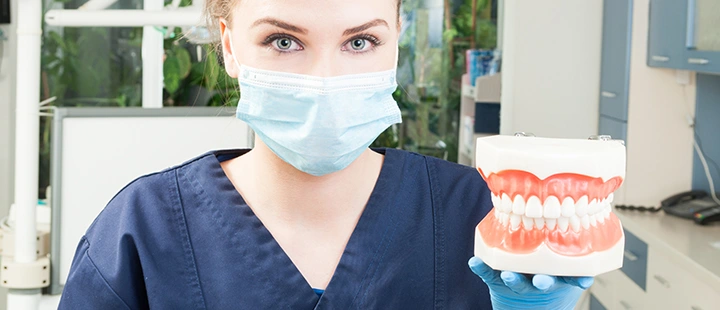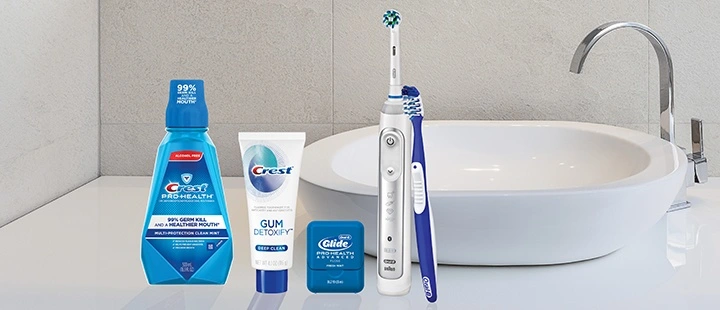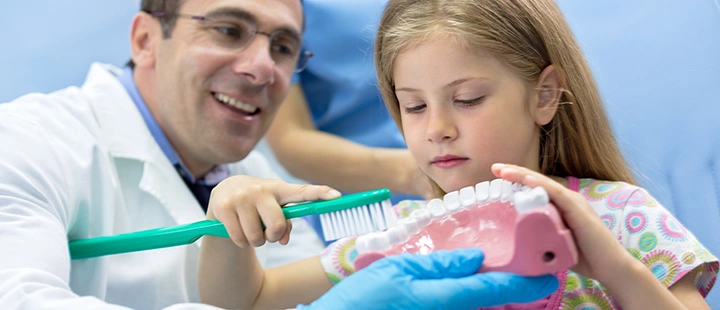Hygiene
Hygienists play a critical role in growing their practice. Learn what you can do to improve all aspects of hygiene operations, including scheduling, case presentation, dentist-hygienist communication…
Hygienist-Patient Communication
Hygienist-patient communication plays a very significant role in hygiene appointments. In addition to the many preventive and diagnostic procedures the hygienist performs for her patients, she also takes responsibility for educating patients about how to care for their teeth and gums at home. This combination of clinical and educational duties keeps a hygienist very busy, but training with scripts will enable her to address additional informational needs without increasing time pressure or stress.
Case Presentation and Hygiene
Only you, the dentist, can recommend treatment, but in cases that aren’t immediately accepted by patients, members of your staff can have significant influence over dental case presentation. This is especially true for the hygienist.
Promoting Home Care Products
In addition to performing a range of diagnostic and prophylactic oral health procedures, dental hygienists also play a vital educational role. Observing the condition of patients’ teeth and gums, they’re able to judge how well patients are caring for their teeth at home and give sound recommendations about how to improve the quality of dental care at home. As highly trained dental professionals, hygienists are in a position to become trusted advisors, helping your practice’s patients achieve optimal oral health.
Hygiene Scheduling
Finding new patients has become more difficult than ever. Convincing them during their first appointment to join your practice is critical. However, in the long run, scheduling them for regular dental hygiene appointments has the greatest impact on your practice.
More than Cleaning
The hygiene appointment not only helps maintain patients’ oral health but also has everything to do with maintaining a healthy patient-practice relationship. Without these routine, regularly scheduled visits, your patients can lose touch with you, become inactive, and even be open to seeing some other dentist if they have a problem in the future.






